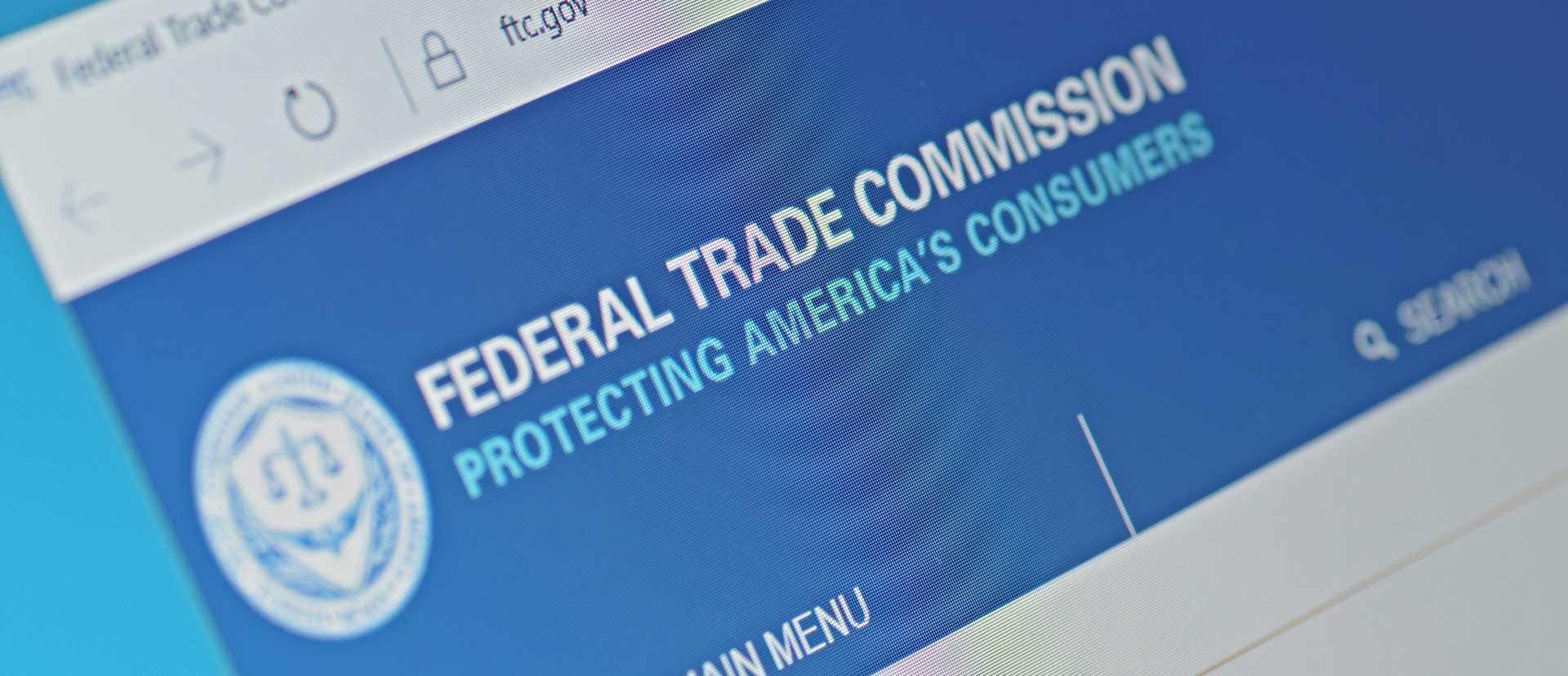Alvaro Bedoya’s confirmation has restored a Democratic majority on the Federal Trade Commission. Under a Democratic majority, FTC Chair Khan has the ability to continue to further test novel theories of harm in both merger and non-merger matters generally and in healthcare in particular. Additionally, Commissioner Bedoya’s background in privacy and technology could further broaden the scope of both merger and non-merger investigations. We consider the potential scope of these novel theories of harm as applied to healthcare transactions and conduct.
By Amanda Wait & Antonia Mordino[1]
I. INTRODUCTION
On May 11, 2022, Alvaro Bedoya was confirmed by the U.S. Senate to the Federal Trade Commission. He was sworn in as a Commissioner on May 16. Commissioner Bedoya joins the Commission from Georgetown Law, where he was a professor and the Founding Director of the Center on Privacy & Technology. He previously served as Chief Counsel of the U.S. Senate Judiciary Subcommittee on Privacy, Technology, and the Law. Commissioner Bedoya is widely recognized as an expert on technology and privacy issues and has written extensively about the racially disparate effects of surveillance and data collection, including the impact of police facial recognition technology.
The addition of Alvaro Bedoya to the Commission likely will empower FTC Chair Khan to pursue even more aggressive antitrust enforcement in the healthcare industry and to further devel
...THIS ARTICLE IS NOT AVAILABLE FOR IP ADDRESS 216.73.216.213
Please verify email or join us
to access premium content!

